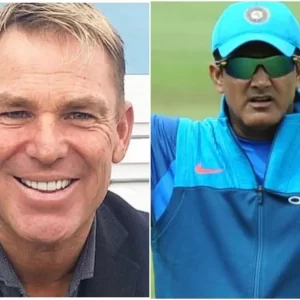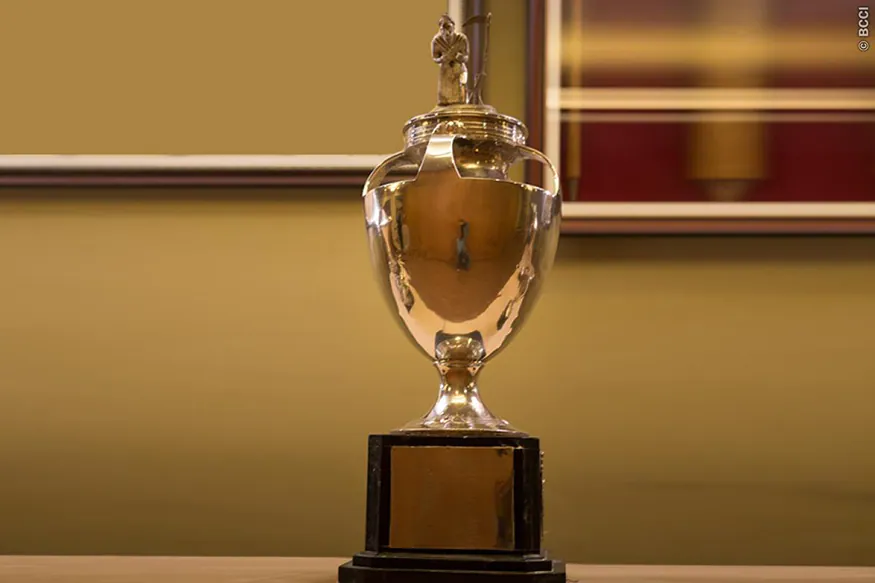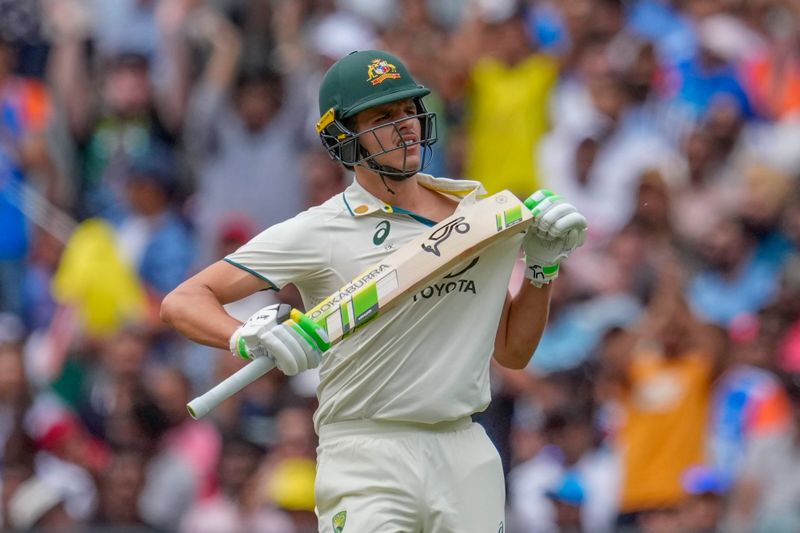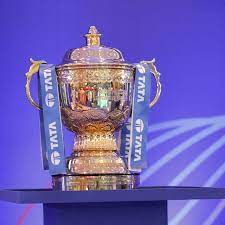What is common between Kumble and Warne? They both are great spin bowlers. They were considered among the best of their era. In the case of Warne, perhaps, one of the best ever. In the case of Kumble, perhaps, India’s greatest match winner. Overtaking the likes of Tendulkar, Dravid, Kohli & Harbhajan. What is common between Ganguly and Waugh? Both were captains who took the courageous decision of dropping their match winner in Test cricket. Both of them must be lauded for taking a decision in the best interests of the team. Whereas one behaved in a dignified manner, the other did not. This thread is about Ganguly dropping Kumble vs Waugh dropping Warne.
Kumble finished his career with more than 600 wickets. Till now, he is the leading wicket taker for India. He is unlikely to be surpassed anytime soon. His nearest competition is Ashwin who still has more than 150 wickets to equal Kumble. The downside for him is his age. He is 36 and is unlikely to play for more than 2 years. During this period, India may not play more than 20 tests and considering the number of wickets required, it is safe to assume that Kumble’s record will remain intact.
A bonafide match winner
Kumble has won a lot of games for India. Though most of them were in India, he was the reason India became a dominant force in the country. The primary reason why Steve Waugh called India the final frontier was because of the fact that Kumble in favourable conditions was simply unstoppable. Teams after teams came and went back with their tails between their legs. The Indian crowd who were otherwise subjected to lot of pain and subjugation until then, thoroughly enjoyed the annihilation of the visiting teams. So long as Kumble is in the team, the team would win from any position.
Now, the same Kumble, found the going pretty tough outside the country. He wasn’t the same match winner there or worse, he wasn’t even that threatening outside of the country. Nevertheless, India persisted with him because of his exploits in the country or for want of better options. The emergence of Harbhajan Singh in 2001 provided India that opportunity. Harbhajan will forever be remembered for the stellar role he played in the marquee series in 2001 against Australia in the absence of Kumble. To Kumble’s credit, he did not mind a youngster winning games for the nation during his absence and went out of the way to help him in the nets. He was all praise for Kumble.
Harbhajan is all praise for his compatriot
“He’s probably the greatest match-winner India has ever produced. People used to say he didn’t spin the ball, but he showed that if you had the heart, you could get batsmen out regardless of whether the ball spun or not.”
“If anyone has half the competitiveness Anil bhai had, he would become a champion. I’m lucky to have played with him for so many years. He was an unbelievably committed player,” he said.
The same Kumble was dropped by Ganguly for the ODI World Cup finals in 2003. Ofcourse, Kumble was crestfallen. It was dream of every cricketer to play in a World Cup final.
“Leaving out Kumble from the first eleven (has to be the toughest decision). He was such a great player and such a great performer, so to take the decision of leaving him out was the toughest decision,” Ganguly tells Sportstar.
It wasn’t just the World Cup final. He was dropped from the Test playing eleven too and Harbhajan was preferred for the first test at The Gabba in 2003.
Anil was magnanimous
Anil however, did not take it personally. He did not develop a lifelong grudge against Ganguly
Instead, he did what he has always done. Support the players. Kumble did not whine and used this opportunity to come back as a better bowler and he did come back as a better bowler. He showed that with his performance in the same series. He played the last 3 Tests and eventually became the highest wicket taker for India in that series. 24 wickets. It showed how Kumble instead of brooding over his exclusion, actually was inspired by that and returned a better bowler.
Warne reacted differently
Now, let us contrast that with Shane Warne’s reaction after he was dropped by Steve Waugh
Warne, immediately after he returned from his shoulder injury was ineffective. Stuart MacGill had meanwhile established himself as the first choice spinner. Australia went to the West Indies under Steve Waugh. It was Waugh’s first tour as captain. Warne proved unproductive. MacGill didn’t perform outstandingly either but picked up more wickets than Warne. Australia were 1-2 down and had to win the final game to retain the Frank Worrell Trophy. It was under such background that Steve Waugh took the most courageous decision of his career. He acted with the pure intention of winning the Test and squaring the series.
“It’s the hardest decision I’ve been involved with,” said the former Australia captain. “I almost felt sick walking out of that selection meeting knowing you’re dropping an absolute legend of the game and a spinner that’s got over 300 Test wickets. It’s just a rare occurrence. The heart said leave him in there, give him another go, but the head said the other leg-spinner is bowling better at this moment in time and we just had to make the tough decision.” said Steve Waugh.
Warne should have been generous
It takes lot of nerve to drop a legend and the vice-captain of the side. How did Warne take the demotion? Not so well as he himself admitted. He has written in his autobiography that after he was dropped, he did not cover himself with glory. He did not support the teammates well enough as he should have and he went on a tirade against the elder Waugh.
Disappointed is not a strong enough word. When the crunch came Tugga [Steve Waugh] didn’t support me, and I felt so totally let down by someone who I had supported big time and was also a good friend.”
He didn’t stop there. He went onto label Waugh as the most selfish cricketer he has ever played with.
Wrapping up Ganguly dropping Kumble vs Waugh dropping Warne
Just because someone had dropped him on cricketing grounds, it was wrong on the part of Warne to have behaved the way he did.
Other blogs about Warne and Kumble can be read here, here and here.



